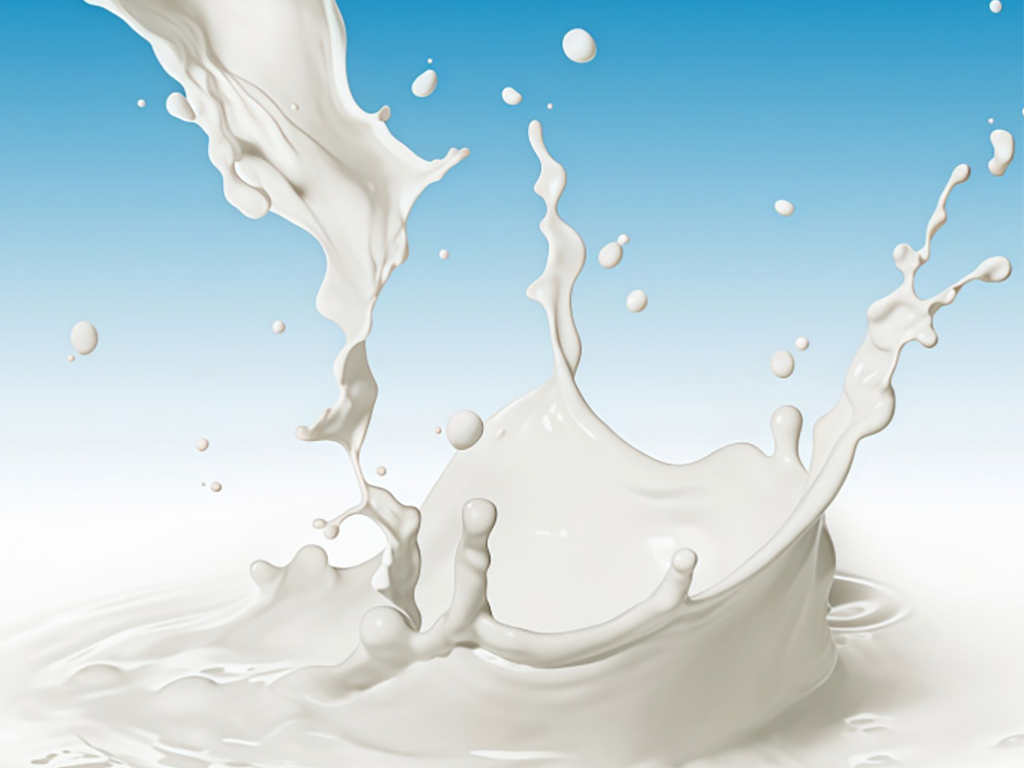Octyl acrylate production capacity expansion involves increasing manufacturing output through facility upgrades, new production lines, or process optimization to meet growing market demand. This expansion is driven by rising needs from adhesives, coatings, and textile industries, where octyl acrylate enhances polymer flexibility and weather resistance. Key steps include feasibility studies to assess market trends, raw material availability, and return on investment; securing capital for infrastructure and equipment; and obtaining regulatory approvals for environmental and safety compliance. New production lines often integrate advanced technologies, such as fully automated esterification reactors and precision distillation systems, to improve yield, reduce energy consumption, and enhance purity. Process optimization, including catalyst efficiency improvements and waste reduction, can also increase capacity without major facility changes. Expansion requires scaling up raw material sourcing—acrylic acid and octanol—to avoid supply bottlenecks, as well as upgrading storage and logistics capabilities to handle increased output. Benefits include economies of scale (lower per-unit costs), improved supply reliability, and the ability to serve larger customers or new markets. Companies like E Plus Chemical Co., Ltd. may pursue expansion to strengthen their market position, leveraging their existing integrated 产业链 to efficiently scale production, ensuring they can meet the growing demand for high-quality octyl acrylate globally.
